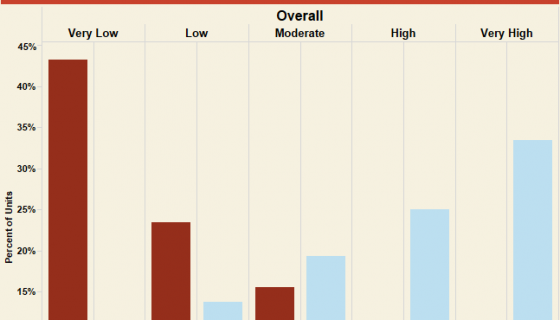Housing, childcare, health care, postsecondary education—these and other costs of raising children continue to rise, while family income does not keep pace. Working conditions and income security are critical to raising healthy children, yet access to adequate wages, good working conditions and family-supporting policies is not equitable.
Racial and ethnic minorities and immigrants make up an increasing share of the U.S. labor force and the child population. Despite high labor force participation, black and Hispanic working families have lower incomes and less stable work. They are also disproportionately concentrated in low-wage jobs and more likely to work for companies that do not offer supports such as paid family and medical leave.
Federal and state policies can help address these inequities by providing income and job protections for families and children and helping defray the costs associated with working, such as child care. However, these policies are often not enough to meet the needs of working families, and are often not equitably available to all families. For example, taking unpaid leave to care for a child or family member may be unaffordable for low-income workers. diversitydatakids.org examines whether there is equitable access to jobs that provide economic security and policies that help working families. Our experts provide research evidence and data to help policymakers, academics, advocates and others develop more equitable policies and programs that can produce better outcomes for all families and children.









